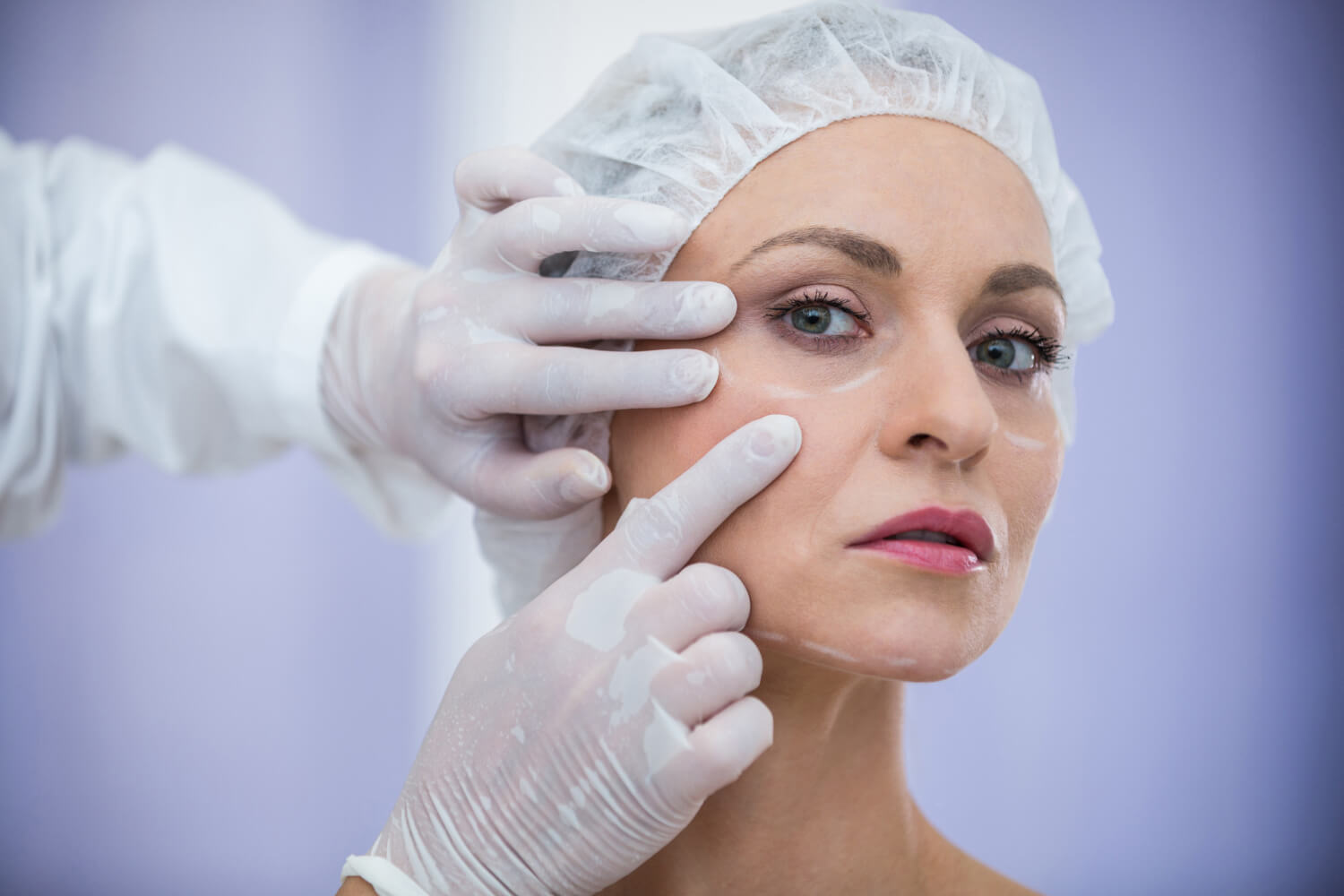Specialists in skin, hair and nail care are called dermatologists. Some doctors focus on paediatric care, cosmetic concerns, or surgery, while many works with patients in Sydney to help avoid and treat common conditions. Some run their medical practices, while others provide services in public or private hospitals or health care facilities in Sydney. A trip to the dermatologists in Sydney is warranted for any of these conditions:
Acne
In Sydney, acne is the most prevalent skin condition. The result is a variety of facial discolourations. Whiteheads, blackheads, pimples, and deep cysts are all blemishes. A common cause of these is an overabundance of sebum, a substance produced by the skin’s oil glands. It’s a pore-clogger.
In some cases, bacteria may be to blame. Although acne is most prevalent in teenagers in Sydney, anyone can develop the condition. The face, chest, back, neck, and shoulders are common areas affected by acne. Although acne isn’t dangerous, it can be distressing to deal with. Additionally, permanent scarring can occur if they are not treated properly. Creams and gels, pills, exfoliation, and laser therapy are just some of the options for treatment.
Itchy skin
Inflammation (swelling) of the skin is a symptom of eczema, one of several chronic skin conditions. It may cause a great deal of physical and mental distress. Redness, swelling, dryness, and itching of the skin are common symptoms. Atopic dermatitis represents the most prevalent form of eczema. Infants and young children are more likely to experience this. A rash can appear anywhere on a child’s body, including the face. Sometimes fluid will leak from the inflammation. Itchiness can disrupt kids’ sleep. A dermatologist can diagnose eczema with a skin exam and multiple tests. Creams and other medications, both over-the-counter and prescribed, can help alleviate the symptoms.
Psoriasis
A malfunction in the immune system causes psoriasis. The result is an excessive turnover of skin cells. Then, they accumulate on the epidermis. These sores are known as plaques. They have the potential to be thick, red, and covered in silvery scales. They may cause irritation or even pain. They can also be found on the soles of the feet. Rarely do they manifest on the fingernails, genitalia, or oral cavity. Dermatologists in Sydney can diagnose psoriasis by examining a small piece of affected skin under a microscope. The skin condition known as psoriasis tends to linger for a long time. Creams can calm the skin and speed its recovery. Oral medication to dampen an overactive immune system may also be part of the treatment plan.
Changes due to Old Age
Changes in the skin are a natural consequence of getting older. Skin ageing manifests itself in various ways, including developing fine lines and wrinkles, dryness, and age spots. These effects of ageing can be hastened and exacerbated by exposure to the sun’s harmful UV rays and smoking. Sunscreen is essential in fighting against other skin cancer. Skin can be safeguarded by not smoking and by eating well. However, a trip to the dermatologist might be in order if you’re not happy with your appearance. Skin tightening and wrinkle-reduction treatments are plentiful today. You can also get your skin toned and textured fixed by a dermatologist. Chemical peels, laser treatment, Botox injections, or wrinkle fillers are all used to rejuvenate the skin and restore its youthful appearance.
Skin Cancer
The most common type of cancer in Australia is skin cancer. Also, if caught early enough, it has the best chance of being cured. Melanoma, however, is the deadliest form of skin cancer. To put it bluntly, it can be fatal. If you notice a few red flags, you should go to see a dermatologist ASAP. Variations in the size, shape, colour, thickness, or texture of skin growths fall into this category. An abnormal increase that’s more than the size of an eraser is a red flag for melanoma. Scabs, crusts, itching, pain, or bleeding that won’t stop should be checked by a dermatologist. It is also crucial to get regular checkups. At least every year, you should have a dermatologist check your skin for cancer.
Thinning Hair
Typically, a person will lose anywhere from fifty to one hundred hairs daily. However, bald spots or thinning hair may indicate an underlying health issue. Hair loss can be caused by a wide variety of medical conditions, as well as pregnancy and stress. Sometimes it runs in families. A dermatologist may order blood work and examine a tissue sample from the scalp under a microscope to identify the reason for hair loss. Options such as medication, laser surgery, and surgical procedures exist for treating hair loss and making it less noticeable.




